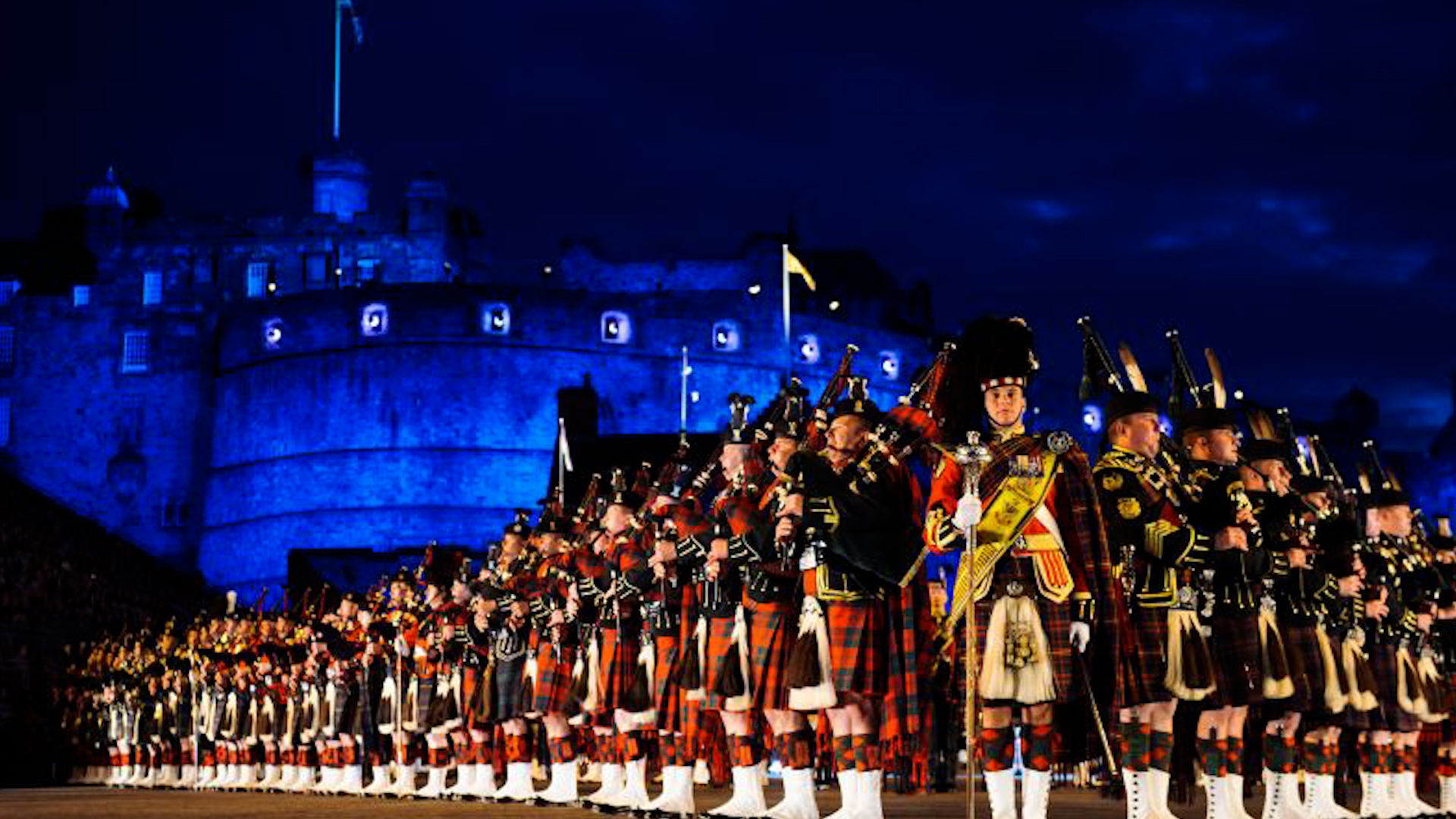
Military cultural performances help to promote UK globally, new report says

Military cultural performances, Royal Navy ships and military colleges are some of the examples outlined in a new report stating how the UK is promoting soft power across the world.
Published by the Defence Committee on Cultural Defence Diplomacy, the 'Defence Diplomacy: A softer side of UK Defence' called on the Ministry of Defence (MOD) to make better use of the UK's soft power and defence engagement objectives.
Soft power is defined as a persuasive approach to international relations, typically involving the use of economic or cultural influence.
Hard power is exactly the opposite – a coercive approach to international relations, frequently involving military power.
And, looked at through both an economic and military lens, it is using force or the threat of force to make others do what someone wants.
The report highlighted the importance of military culture performances, such as the Royal Edinburgh Military Tattoo (REMT).
However, it called on the UK Government to make better use of these opportunities by ensuring the MOD sends a minister each year and curating a guestlist to enhance relationships.
Chair of the Sub-Committee on Cultural Defence Diplomacy Gavin Robinson said the report "acknowledges the important role that the Armed Forces play" in both protecting the UK from threats and "promoting the UK worldwide".
"Personnel from across the services should be proud of their phenomenal achievements and their vital role representing the UK," he said.
"Events such as the recent coronation demonstrate the strength of the Armed Forces' soft power.
"In today's report, we call on the Government to get as much mileage out of military displays as possible, by committing to sending ministers and regularly extending invites to all states, not just our closest allies," he added.
It also stated hard power assets, such as Royal Navy ships, could be incorporated to include soft power objectives.
Dr Carlos Solar, a senior research fellow at the Royal United Services Institute (RUSI), the defence and security think tank, is quoted in the report and said "given the historical dominance of the Royal Navy around the world... naval assets are an advantage to the UK's defence diplomacy as they symbolise centuries of sea tradition but also cutting-edge technological capabilities".
"British vessels arriving at foreign ports break the coastal view with their magnitude," he said.
"They are tremendous to see and usually make the local news, and families gather to see the arrival of vessels."
The UK's military colleges were also mentioned in the report as being world-renowned and an important tool for the UK's soft power progression – but it also called for the MOD to review how these institutions can be used to further defence diplomacy.
The appointment of a director for the Global Defence Network was mentioned as a "step in the right direction", and there was also praise for the network of defence attachés for promoting the UK's soft power around the world.
However, the report did say there is currently little thought given to the career path of defence attachés.
Mr Robinson said: "Defence attachés are indispensable and a key source of soft power and influence".
"The relationships and networks that attachés build ensure that the UK has a voice across the globe.
"The appointment of a director of Global Defence Network is a welcome step in the right direction.
"However, more must be done to professionalise the attaché career path. We need to ensure that the right training and opportunities are on offer and that attachés develop expertise in their specific region and station.
"Language training is a particular weakness and is in need of consolidation across Government," he added.









